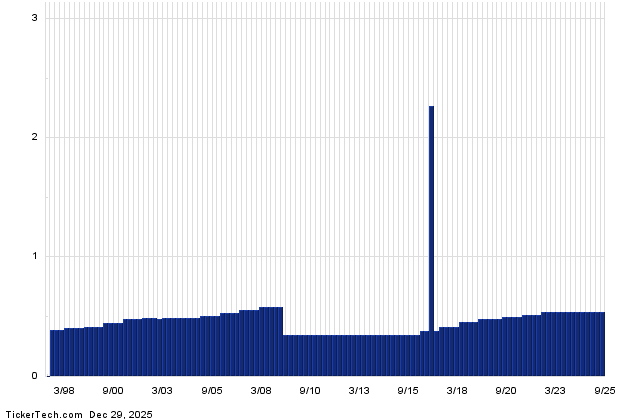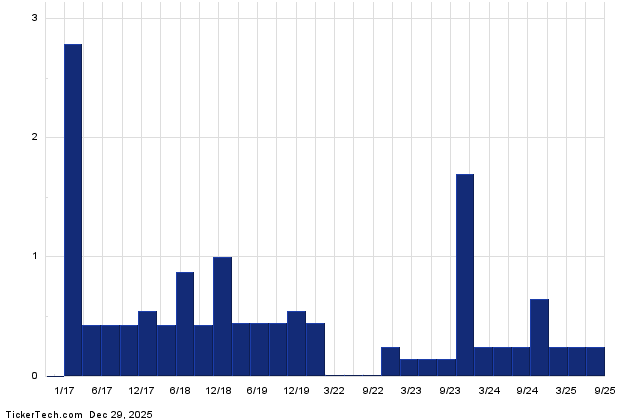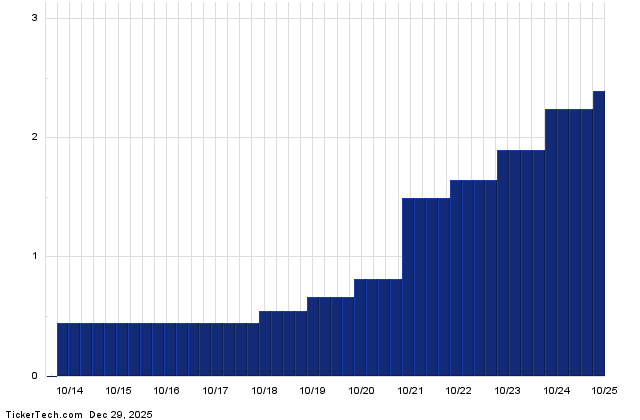The Significance of Japan’s Stance
Japan’s acknowledgement of uranium as a critical mineral in the wake of Fukushima accident exhibits a strategic move. The country, despite having no domestic production and relying solely on imports from countries such as Australia, Canada, and Kazakhstan, has recognized the imperative nature of securing its uranium supply.
Building Resilience through Inclusion
The inclusion of uranium in Japan’s critical minerals list is poised to be a groundbreaking step. This acknowledgment is set to fortify Japan’s ability to allocate more funds and resources toward uranium-related research and development, thus strengthening its endeavors to ensure a stable supply of the mineral.
Achieving Sustainable Goals amid Challenges
Despite facing public opposition and legal challenges to nuclear power, Japan is recognizing that uranium is crucial for its goal of achieving net-zero greenhouse gas emissions by 2050. This foresight underscores the necessity of uranium in Japan’s sustainable energy roadmap and marks a significant shift in their strategic planning.
Charting the Future Course
Given that Japan has experienced critical setbacks following the Fukushima accident in 2011, the country’s proactive decision to include uranium in its critical minerals list signifies a definitive step in charting a new and resilient course for its energy landscape. This move is positioned to have far-reaching implications, not only for the nation but also within the global uranium market.











